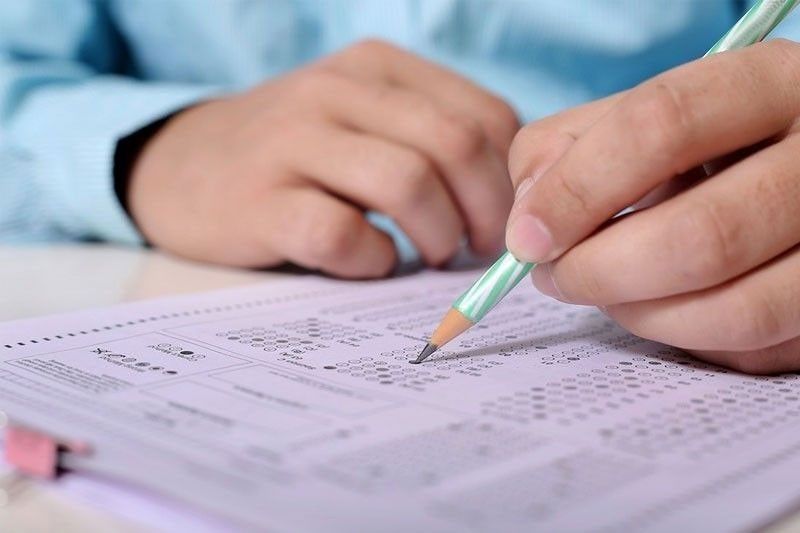‘Safeguards in no permit, no exam policy not enough’

MANILA, Philippines — The safeguards included in the proposed “no permit, no exam” policy are not enough to prevent private schools from closing down due to the projected impact of the measure, according to the Coordinating Council of Private Educational Associations (COCOPEA).
The House of Representatives recently passed on third and final reading the House Bill No. 7584, which consolidated various proposed measures that would prohibit schools from preventing students from taking exams due to unpaid financial obligations.
Under the substitute bill, students with unsettled bills will be allowed to take the exam provided that their parents or guardians execute a promissory note for the schedule of settlement of the outstanding financial obligation and that the deferment of payment of unpaid balance shall not go beyond the school year.
“School authorities shall have the right to withhold the issuance of appropriate clearance and transfer credentials of elementary and secondary learners with unpaid financial obligations and refuse their enrollment in the next enrollment period until all previous delinquencies are fully paid,” read the bill.
But according to COCOPEA, such safeguards will not help private schools address the issue of operational costs that would be affected by the policy.
“These are reactionary measures that can be resorted to only after operational expenses have been incurred,” said Bernard Villamor, COCOPEA chairman and president of the Philippine Association of Colleges and Universities (PACU).
COCOPEA, which is composed of various educational associations in the country, warned that the measure could result in closures of private schools that rely on tuition for their operations.
- Latest
- Trending


























